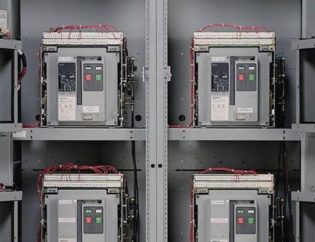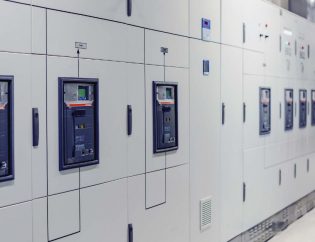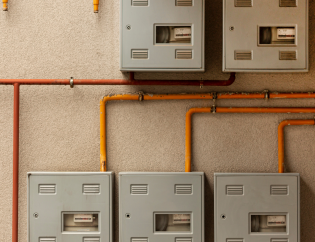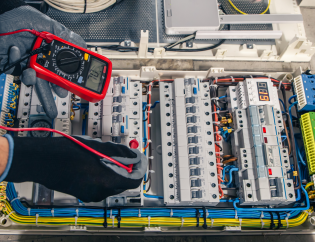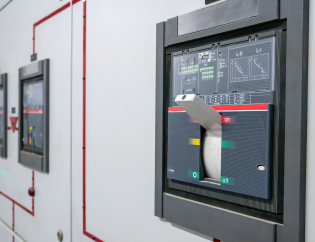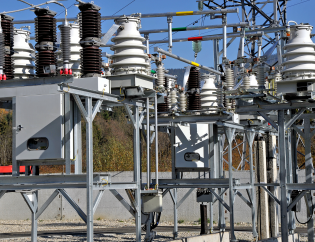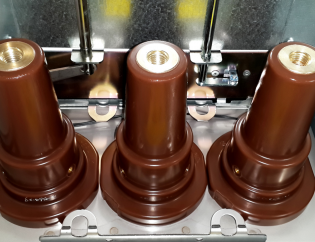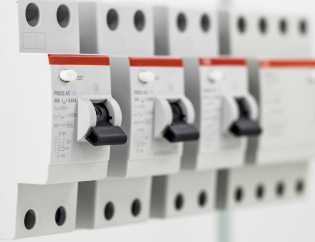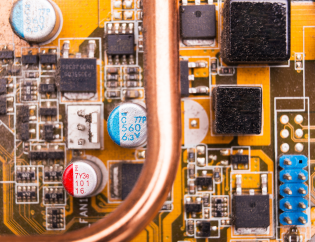Maximizing Energy Efficiency to Improve Power Factor
Several solutions are available for maximizing energy efficiency and improving the power factor. In this article, we will discuss the top nine solutions for improving power factor.
1. Install Power Factor Correction Equipment
The power factor measures how much electrical power is being used effectively. A low power factor means more power is used than necessary, leading to higher electricity bills and wasted energy. One way to improve power factor is to install power factor correction equipment, such as capacitors and inductors. These devices can adjust the electrical current and voltage, making it easier for your appliances and devices to use power efficiently. The benefits of improved power factor include reduced electricity bills, increased electrical capacity, and reduced wear and tear on electrical equipment.
2. Voltage Drops
Low power factor can cause voltage drops, leading to equipment failure and downtime. To manage voltage drops, voltage regulators and transformers can be used. Voltage drop occurs when the voltage at the load is lower than the voltage at the source due to the resistance of the conductor. The polarity of the voltage drop depends on the direction of the current flow and the resistance of the load. Voltage drop can cause safety concerns as excessive heat can melt the insulation and cause a fire. To minimize voltage drop, the conductor size can be increased, and the total conductor voltage drop should not exceed 6V.
3. Improve Building Insulation
Building insulation is a crucial factor in energy efficiency, as it helps to keep warm air inside during the winter and cool air inside during the summer. In addition to adding weather stripping, sealing air leaks, and installing double-paned windows, it’s essential to consider the efficiency of HVAC systems when addressing building insulation. HVAC (heating, ventilation, and air conditioning) systems can account for a significant portion of energy consumption in buildings, and improving their efficiency can have a major impact on overall energy usage. One solution for improving building insulation is to tune up and maintain HVAC systems. This can involve cleaning air filters, checking and sealing ductwork, ensuring that HVAC panels are properly insulated, and upgrading to more energy-efficient models. By taking these steps to improve the efficiency of your HVAC system, you can significantly reduce your energy consumption and improve the overall energy efficiency of your building.
4. Upgrade Lighting
Lighting is another area where energy efficiency can be improved. Traditional incandescent light bulbs are inefficient and waste a lot of energy as heat. Upgrading to LED bulbs can save up to 80% on lighting costs and reduce energy consumption. Additionally, installing motion sensors can reduce lighting usage when unnecessary.
5. Use Energy-Efficient Appliances
Using energy-efficient appliances is an effective way to reduce your energy consumption and lower your electricity bills. Energy-efficient appliances are designed to use less energy while performing the same tasks as their less efficient counterparts. They can provide long-term savings on both energy costs and maintenance costs. It’s essential to use your appliances efficiently to maximize energy efficiency.
Ready to improve your energy efficiency and reduce your electricity bills? Contact Electrical Care Services Factory today for expert power factor correction and energy management solutions.
6. Conduct Regular Maintenance
Regular maintenance is vital for maintaining energy efficiency. Dirty air filters, clogged ducts, and worn-out equipment can all contribute to reduced energy efficiency. Regular maintenance, such as cleaning air filters and tuning up HVAC systems, can ensure your equipment runs efficiently and uses energy effectively.
7. Electrical Noise and Interference
Low power factor can lead to increased electrical noise and interference in power and signal circuits, which can cause equipment failures and disruptions. Improving power factor correction can reduce these issues and enhance the electrical system’s capacity, resulting in lower electric bills and improved energy efficiency. Furthermore, minimizing electrical noise and transients can help to improve power quality and further enhance energy efficiency. By addressing these factors, businesses and individuals can improve their bottom line while also reducing their environmental impact.
8. Unreliable power resources
It can lead to a low power factor, which results in high electricity bills and energy losses. To maximize energy efficiency, power factor correction equipment such as capacitors and inductors can be installed to improve power factor. This will increase the distribution system’s efficiency and reduce energy costs associated with low power factor penalties. Improving the power factor reduces electric bills and enhances the electrical system’s capacity. In addition, saving electricity through energy efficiency measures can help reduce current utility bills and soften the blow against unreliable power resources. Therefore, it is crucial to unleash the power of power factor and implement solutions to maximize energy efficiency.
9. Monitor and Analyze Energy Usage
Finally, it’s important to monitor and analyze your energy usage to identify areas where you can improve efficiency. Smart meters and energy management software can help you track your energy usage and identify usage patterns. This information can help you make informed decisions about how to improve your energy efficiency.
Conclusion:
In conclusion, there are many solutions for maximizing energy efficiency, and the power factor is an important factor to consider. By installing power factor correction equipment, reducing voltage drops, improving building insulation, upgrading lighting, using energy-efficient appliances, adopting energy-saving habits, conducting regular maintenance, utilizing renewable energy sources, and monitoring and analyzing energy usage, you can significantly reduce your energy consumption and save money on your electricity bills.
If you’re looking for a professional solution to improve your power factor and maximize energy efficiency, Electrical Care Services Factory is here to help. Our team of experts can assess your current power factor and recommend the best course of action to optimize your energy usage. We offer customized power factor correction panel boards, including the installation of capacitors and inductors, to improve power factor and reduce electricity bills. Contact us today to learn more about our services and how we can help you save money while promoting energy efficiency.
Do you have a question in your mind? If so, make sure to fill out the form below!

